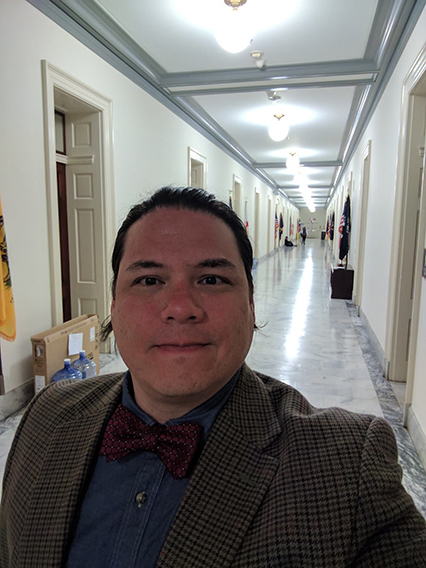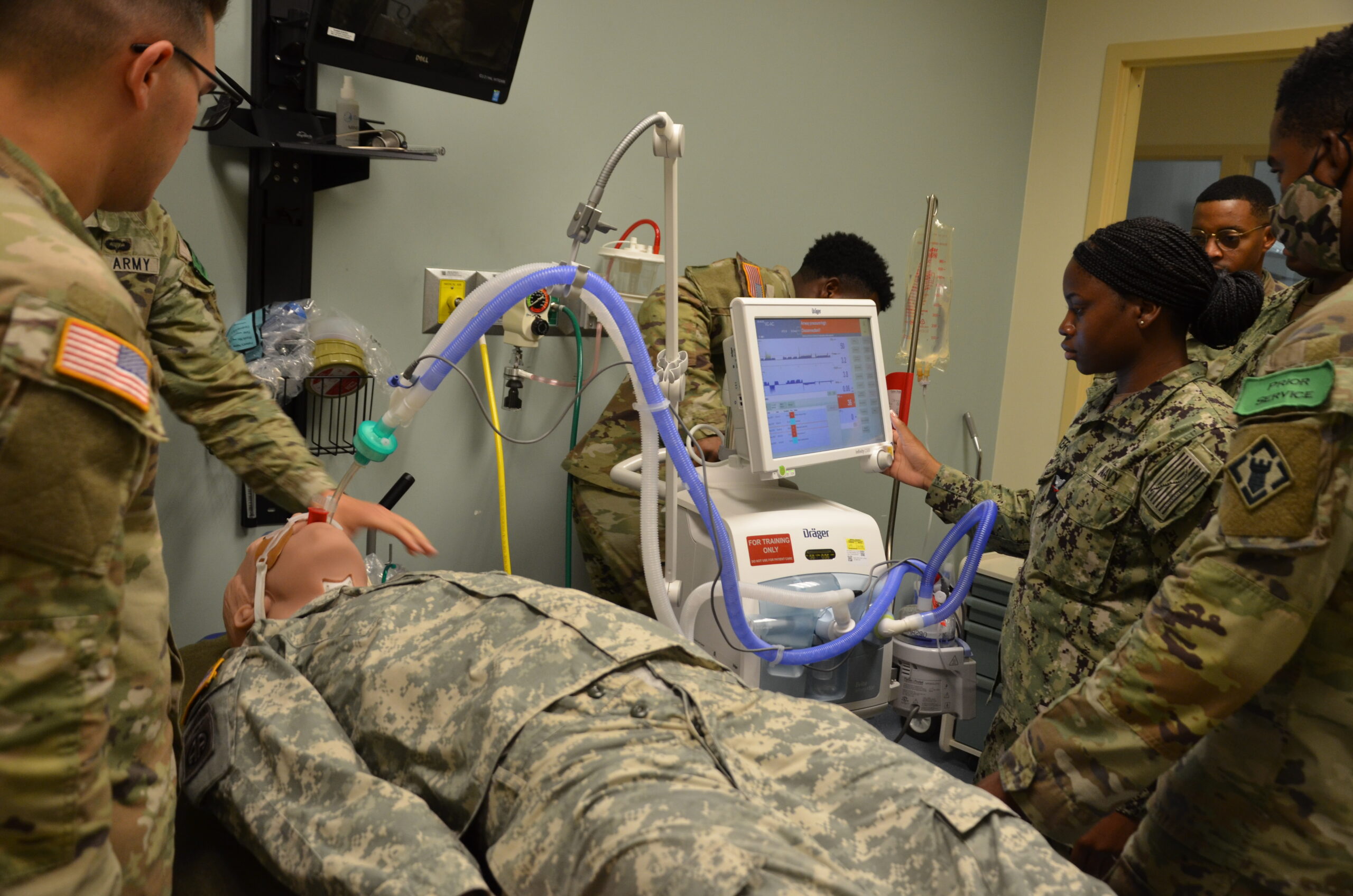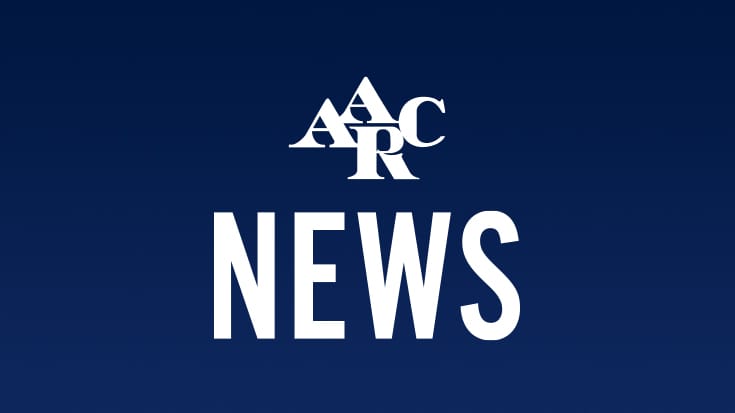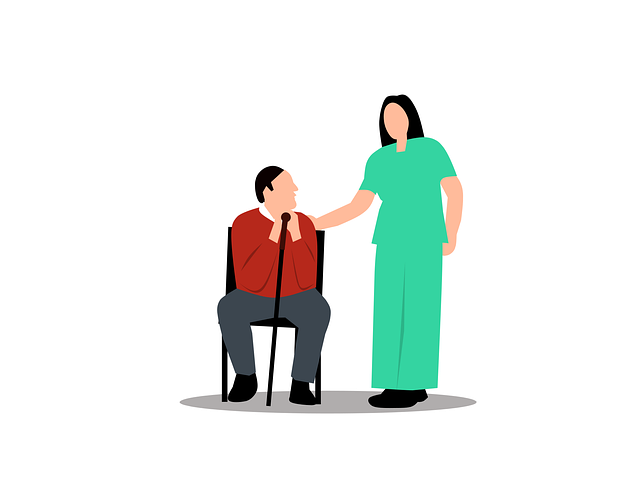
This April, I had the opportunity to be a part of the process. I had the chance to help make a difference in the lives of millions of people across my state and country. This April, I made my first trip to the U.S. capitol as part of the AARC’s Political Advocacy Contact Team (PACT), and I can say, with 100% confidence, that I will never be the same.
As a respiratory student, it can be conflicting to hear the different points of view people have concerning our state and national professional organizations. Some therapists are very involved. They make every effort they possibly can to help educate fellow practitioners. They mentor students and young RTs. They create new strategies based on evidence, and they strive to share with any who will listen.
Some therapists are great clinically, but have too many obligations to be as involved as they would like to be. Others still are against our organizations and even our license board, citing greed and inaction as their reasoning.
Seeing firsthand the time, planning, and work involved in making an AARC Hill day a worthwhile endeavor puts me in the first group.
Months of planning
Taking part in the AARC’s Capitol Hill Advocacy Day was, for me, an inside look at how the sausage gets made, and as the adage goes, it isn’t pretty. Like cured meats, it is a slow process.
Still, our day on the Hill felt very successful, with meeting after meeting resulting in an engaging back and forth with staffers (and even one senator!). But this one smooth day was the result of months of planning.
I was lucky to accompany two mentors who not only had a specific goal, they had a plan, and they had research and trials to back it up. They did all of the legwork to ensure a great start.
That’s all that happened that day — a start. It is a start that worked well because months and even years of relationships have been built and maintained to get this opportunity. But it is a start that needs more work to even get to a point where it can be considered more than just a notion.
We must remain vigilant
Government is an ugly process. Yes, the meets were successful. My mentors had all of the right things to say to each staffer. They knew the angles each member of Congress had interest in. They knew the right way to approach each “ask,” and the right “asks” to make to best benefit the patients, our patients.
This interest alone doesn’t get it done, though. Since there isn’t a sufficient bill to work with, one must be written. It needs to be passed between our backing staffers. It needs to be passed along to, and supported by, members of both parties in the right committees to ensure that it even has a chance to be heard. Then, it needs to get support on the floor before it can be voted on.
Faltering at any of these steps can spell doom for this bill. Tripping up can ruin this chance at doing good. Ensuring success requires vigilance.
My mentors will need to continue to cultivate the relationships they have fostered. They will need to continue to gather more data. They will need to write this bill using language that makes it effective and specific. They will need the support of their peers as well.
We can participate in the clinical work, gathering further data. We can grease the wheels of the machine and call our representatives at the state and federal level.
Each day I get further involved in this profession, I see more and more opportunity to do good things for people. I see more of a chance to make a lasting impact locally and beyond. I am grateful for the chance to be a difference-maker in someone’s life.
Neil S. Kleinschmit is a student in the respiratory care program at Trident Technical College in Charleston, SC.
Email newsroom@aarc.org with questions or comments, we’d love to hear from you.

















